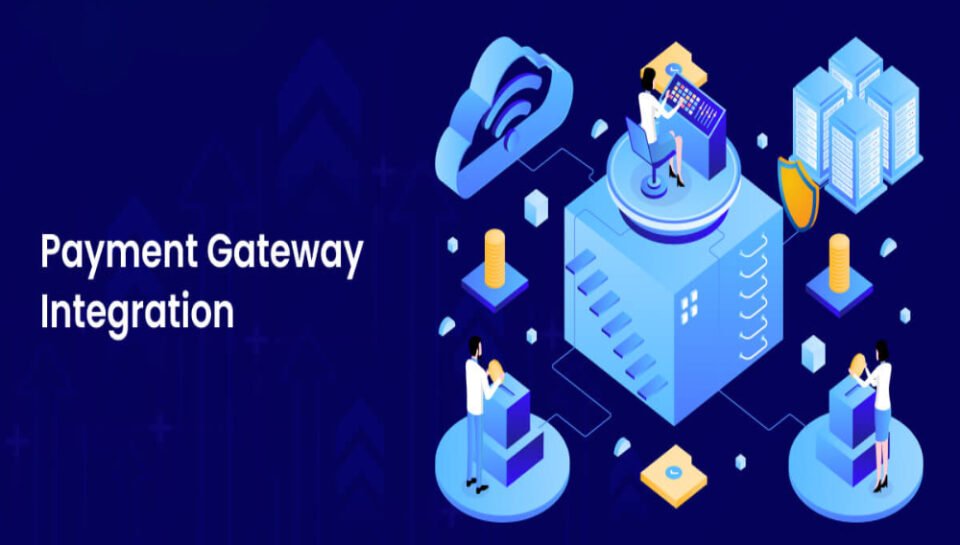
How do APIs facilitate payment gateway integration?
Definition and Role of APIs
- APIs (Application Programming Interfaces) enable secure communication between applications and payment gateways.
- They act as connectors that send and receive transaction data in real time.
- APIs translate app-based payment requests into formats understood by payment systems.
- They allow integration without exposing the internal logic of the payment platform.
- APIs provide structured endpoints for initiating, managing, and verifying payments.
Transaction Handling and Processing
- APIs transmit user payment details such as amount, method, and account info.
- They validate input data to ensure accuracy before processing begins.
- Responses from the gateway indicate success, failure, or pending status.
- Transaction IDs and authorization codes are returned for tracking and reconciliation.
- APIs handle retries, timeouts, and error responses for incomplete transactions.
Security and Compliance Features
- APIs implement encryption to protect sensitive data during transfer.
- Tokenization replaces card data with non-sensitive identifiers.
- Secure authentication protocols prevent unauthorized access to payment functions.
- APIs support compliance with industry standards such as data protection and fraud detection.
- Access keys and credentials are required to authenticate API requests.
Customization and Configuration
- APIs support configuration of currencies, regions, and accepted payment types.
- Optional parameters allow adjustment of transaction limits or rules.
- Custom fields can be added for capturing order or user-specific metadata.
- API responses can be formatted to match internal system requirements.
- Notification settings allow the app to respond to payment events automatically.
Operational Benefits and Flexibility
- APIs streamline payment flow without redirecting users outside the application.
- They support integration with multiple gateways for redundancy and choice.
- Real-time status updates enable immediate user confirmation and action.
- APIs allow rapid deployment of new payment features or partners.
- Integration via APIs reduces manual effort and supports scalable transactions.





